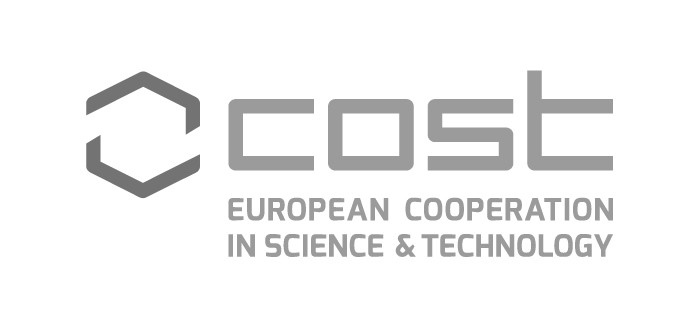
Description
Industrial production is responsible for roughly 30% of global energy use, with Energy Intensive Industries (EIIs) representing the largest share (54% of OECD’s total industrial energy consumption). The current energy crisis, originated by Russia’s war with Ukraine, Western sanctions against Moscow, and Russia’s cut-off of pipeline gas, has made the cost of natural gas soar and ignited a cascade resulting in the increased prices of other energy sources. As a learning for the future, it is crucial to strengthen the EU’s capacity to produce energy while reaching net-zero emissions by 2050. The solution lies in producing Renewable Synthetic Fuels (RSFs), including renewable hydrogen, from excess wind and solar power to decarbonise EIIs. Also, at the 26th UN Climate Change Conference of the Parties (COP26), it was unanimous that hydrogen can play a vital role in the way we bring fully decarbonised energy to our lives. However, a complete understanding of the impact of RSFs on EII systems remains unaddressed mainly due to a lack of comprehensive methods and specialised and multidisciplinary knowledge in RSFs’ combustion, which can be advanced through approaches bringing together data-driven methods and physics-based modelling for accurate simulation of combustion technologies through enhanced modelling, sensing and digital twins. The main aim of CYPHER is to propel the collaborations between European researchers and industrial stakeholders to foster the use of cyber-physical systems (self-updating digital twins) and ultimately promote a safe and sustainable adoption of RSFs as a critical path for EII decarbonisation.
Start date – 20/10/2023
End date – 19/10/2027
Project Team
| Name, surname | Office | phone. | |
|---|---|---|---|
| Nerijus Striūgas | 103-LK | +37037401932 | Nerijus.Striugas@lei.lt |
| Rolandas Paulauskas | 101-LK | +37037401877 | Rolandas.Paulauskas@lei.lt |





